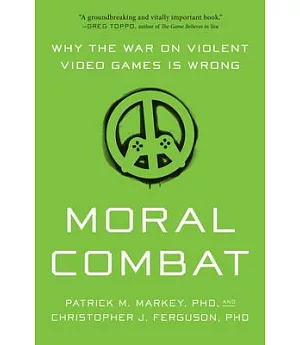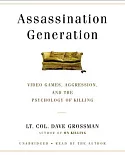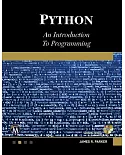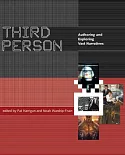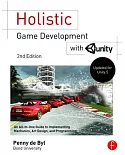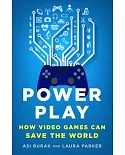?Boom! Headshot!”
In family rooms all across America, millions of children and teenagers are enjoying violent video games. Popular games like Call of Duty, Halo, and Grand Theft Auto place
players in elaborate fictional worlds?often with a gun in their hands.
The media and the government are quick to point fingers when it comes to young perpetrators of violence. If it becomes apparent that school shooters, for instance, may have enjoyed violent
games at some point?well, those games were clearly the culprit or at least a warning sign, right?
But the problem with this conclusion is that it’s not based on facts. Here’s what they’re not telling you: Only a small minority of school shooters played violent video games.
If that surprises you, you’re not alone?the national dialogue around these games has become skewed and biased. On the flip side, most well-adjusted children and teenagers regularly play
violent video games, while never exhibiting violent behavior in real life. What’s more, spikes in sales of violent games actually correspond with decreased rates of violent
crime.
The media and commentators are not giving you the whole story, and it’s time for a new conversation about these games and their role in our children’s lives.
In Moral Combat, psychology experts explore how video games?including those considered violent?actually have a positive social impact for today’s youth and offer a comprehensive
overview of their history, culture, and scientific research. Markey and Ferguson have been on the frontline of the violent video game debate for years, and together, they debunk the stark
picture media, politicians, and other personalities tend to paint in order to sway public opinion about the impact of gaming.
The general public has been misled into believing that violent video games are responsible for horrific acts of violence. With complete honesty and extensive research, the informative and
often-entertaining Moral Combat lays out the facts in order to reframe this important discussion.

